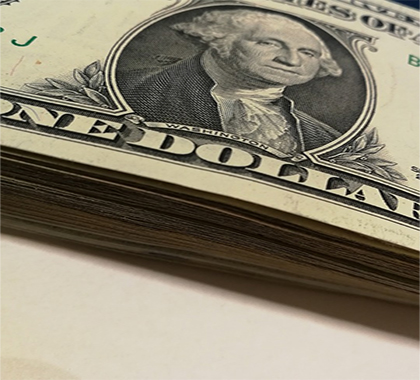Massachusetts voters will decide whether to place a wealth surcharge on high-income households in 2018.
Lawmakers in a joint state constitutional convention on June 14 approved putting the question, known as the “Fair Share Amendment,” on the November 2018 ballot.
The proposed constitutional amendment would tax individuals and households’ annual income exceeding $1 million, adjusted annually for inflation, at 4 percent, in addition to the 5.1 percent rate currently levied on all income.
Massachusetts’ state constitution prohibits imposition of different tax rates on different income levels, a provision the amendment would change.
Read the Fine Print
Paul Diego Craney, a board member of the Massachusetts Fiscal Alliance, says the ballot question represents a blank check for more spending and bigger government.
“The amendment is very poorly written in the sense of where the money is being taxed,” Craney said. “Two billion dollars would go to two things: transportation and education,… with the disclaimer, ‘if appropriated.’ We all know how that works with lawmakers: Even the things it says it’s going to fund, there’s really no guarantee for it.”
Piling On
Patrick Gleason, director of state affairs at Americans for Tax Reform, says Massachusetts taxpayers are already tapped out.
“Over the last eight years, there’s been 20 federal tax increases on Massachusetts residents—and all U.S. residents—signed into law by the previous administration,” Gleason said. “Massachusetts legislators apparently want to pile on that at the state level with more tax hikes coming from Beacon Hill.
“The way it works is households with incomes above a million dollars will be subject to a 4 percent surtax,” Gleason said. “That might not sound like much, but it represents a 78 percent increase from the current, flat income tax rate that Massachusetts has.”
Small Business Tax Blitz
The proposed amendment would pummel Massachusetts’ small business owners and destroy jobs, Gleason says.
“This tax doesn’t just apply to households with income in excess of a million dollars,” Gleason said. “Because most small businesses file under the individual income tax system, this tax increase is going to directly hit thousands of small businesses across Massachusetts. It’s roughly 10,000 small businesses across Massachusetts.
“These small businesses are the engine of job creation,” Gleason said. “What this tax hike would do is hit Mom and Pop shops. It will hit a host of small businesses, and the result is it will reduce their income. It will reduce their job-creating capacity, it will reduce their ability to hire new workers, and it will reduce their ability to give raises to existing workers.”




